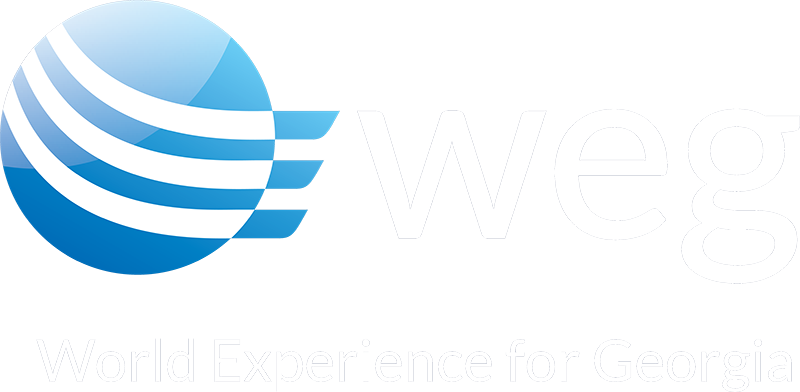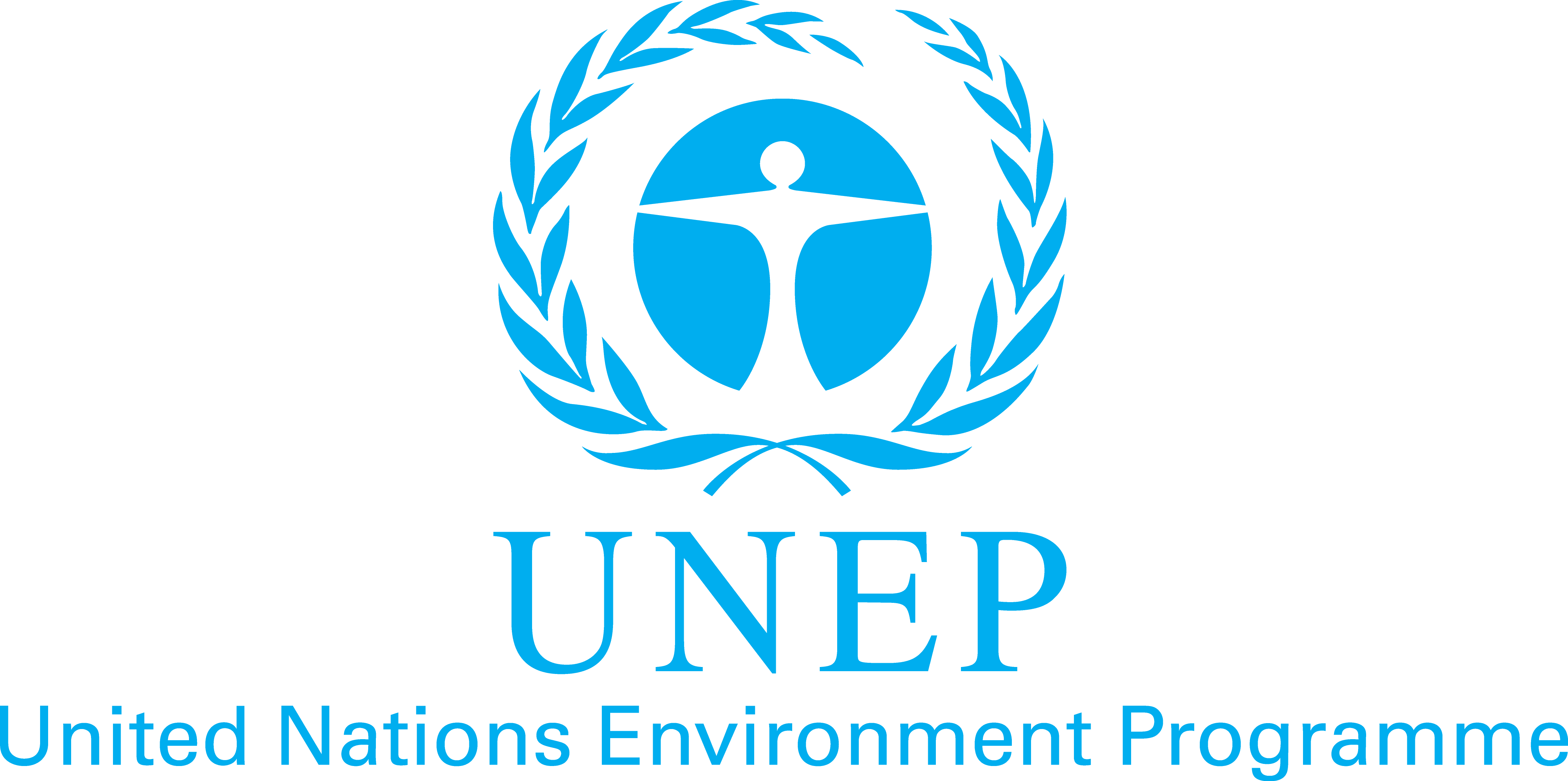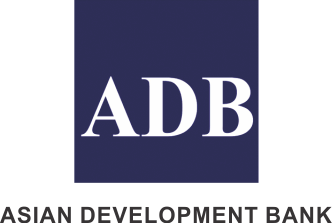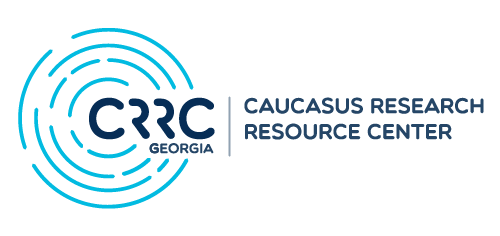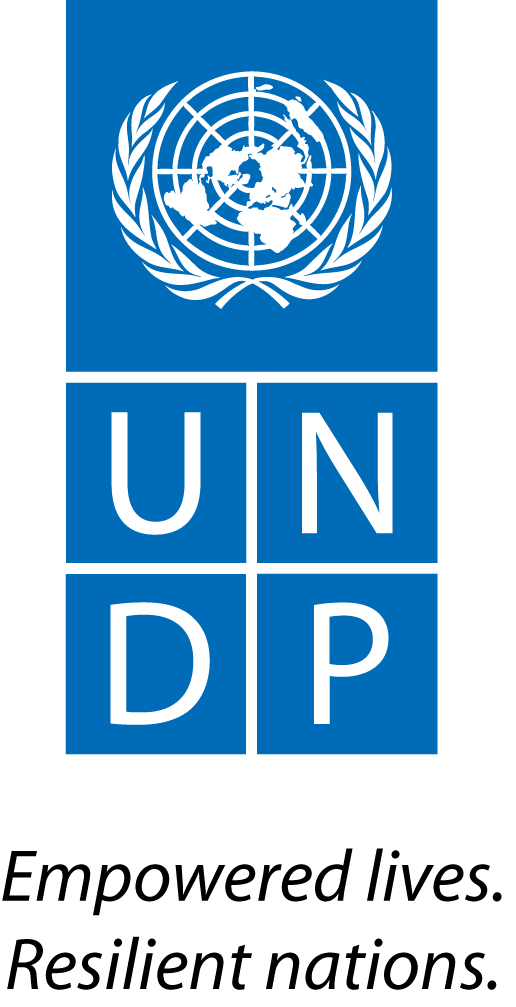Recommendations for Addressing the Systemic Problems in Energy Sector Largely ignored by the Government in 2013-2016
At the end of 2012 World Experience for Georgia (WEG) presented an analysis of the main systematic problems in energy sector of Georgia to Prime Minister and Ministry of Energy. The recommendations were presented and discussed at the joint meeting of specialists and officials in 2013.
The recommendations highlighted the main systemic problems that impeded (and still impedes) further development of the sector, increasing the level of energy security and finally, Georgia’s sustainable, independent development.
Now, after almost 4 years, WEG together with energy specialists of energy discussion club, assessed the progress in legal, institutional and professional development in energy sector over the last years[1]. It became clear, that in spite of significant infrastructural achievement, the main systematic problems have not been resolved. In particular:
Georgia still does not have a workable energy strategy, neither the professional system for its elaboration – Spontaneously made decisions are mostly short term oriented and nonsystematic. This constitutes a high risk of unwarranted expenses and subordination to other countries’ interests. The draft electricity part of Energy Strategy, published on the Ministry’s website is far from perfection and needs to be substantiated by adequate professional process.
Unclear and unstable, substandard legislation remains in place and impedes entry of strategic investment. The energy infrastructure is, mainly built with sovereign funds guaranties and financial obligations, and hence, at the expense of other possible social or development programs.
Ministry maintains the unbalanced policy, regulatory and management powers without adequate parliamentary or public control, restrictions by legal or strategic documents. This constitutes the high vulnerability to external or internal political influences or corrupt business interests. Such a situation can be beneficial for influential business and financial groups.
There has been little progress in research, development and innovation; institutional development and professional growth, energy efficiency and renewable sources (except hydro and wind).
The very resent trends of improvement in addressing sector’s systemic flaws are mainly related to the implementation of the requirements of association agreement. These trends should be maximally strengthened and accelerated through joining the Energy Community and subsequent reforms.
[1] Follow the link to see an assessment table by main categories of legal institutional and policy framework in energy sector
